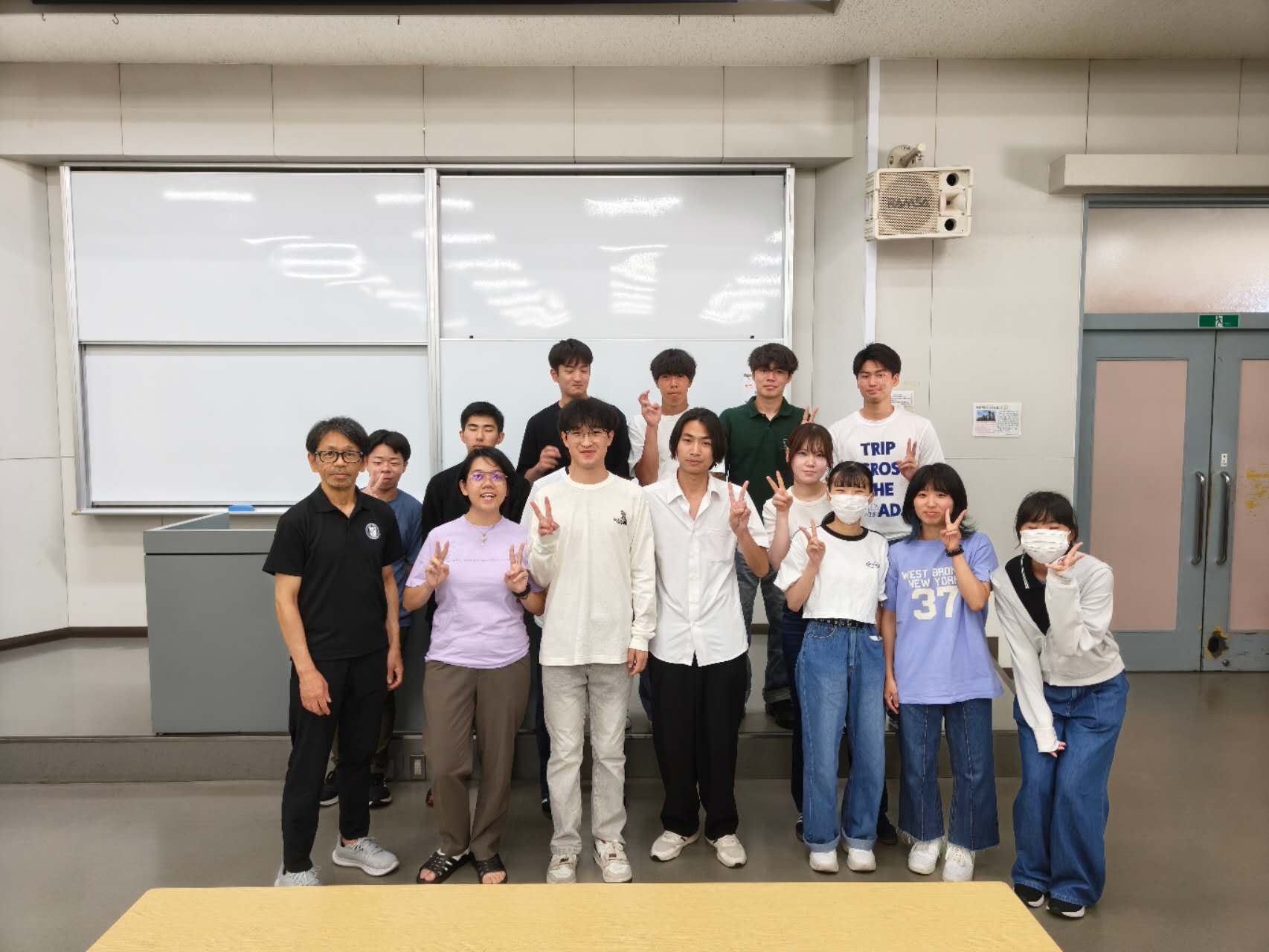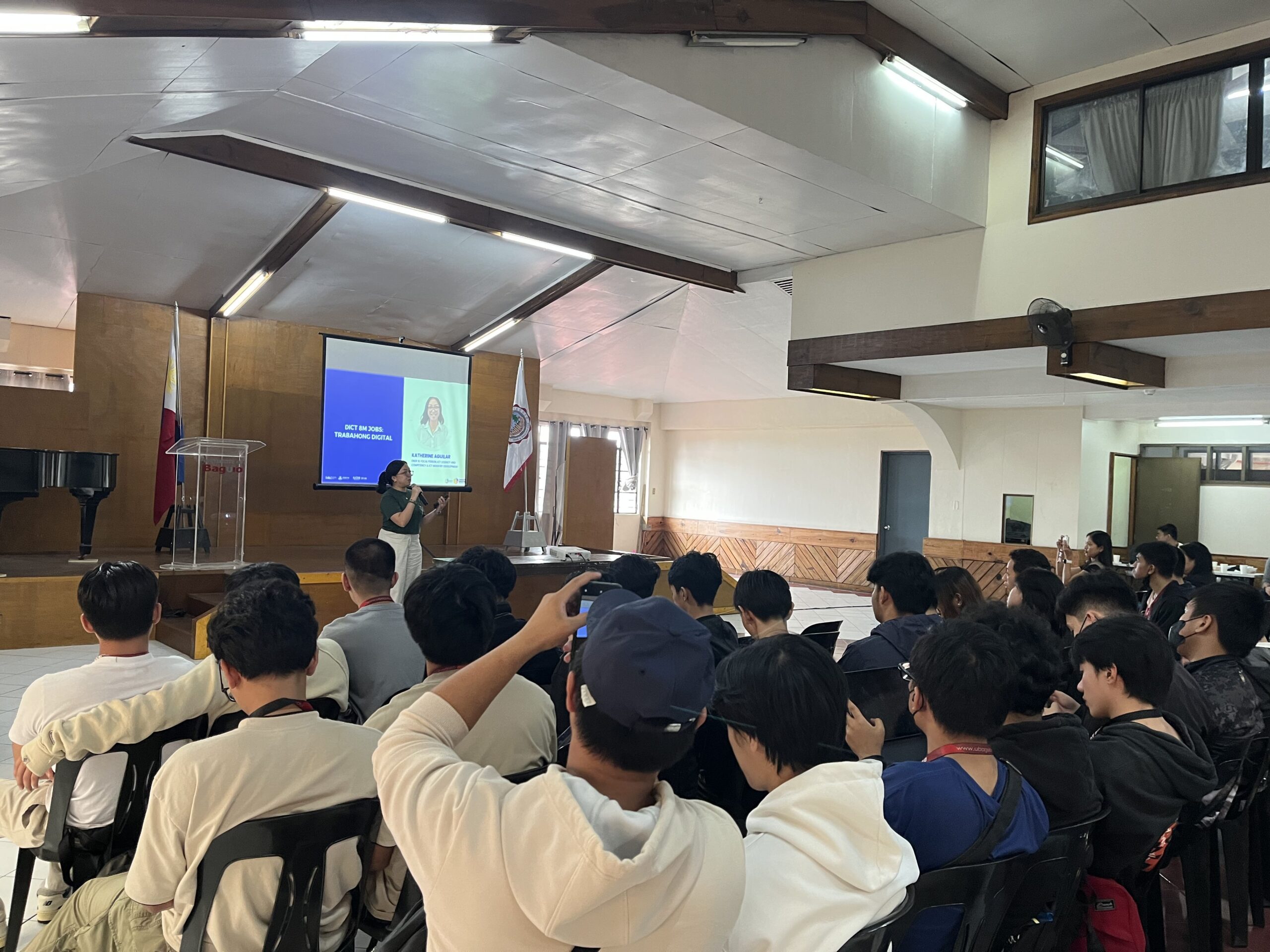Written by Lee Janssen Nuñez
Mental Health Week at the University of Baguio is more than just an event — it’s a reminder that taking care of our minds is just as important as passing exams or finishing our requirements. As nursing students, we are taught to care for others, but sometimes we forget to check in on ourselves. This week allows us to slow down and really ask: “Kumusta ako?” In a school where stress is part of the daily grind, this is the time to recognize that mental health is not a luxury, it’s a necessity.
In a university setting, especially in a competitive program like nursing, students are often pressured to be strong and productive all the time. It’s easy to fall into the mindset that rest is a waste of time or that showing signs of stress means you are weak. Mental Health Week challenges that belief by reminding us that being human means feeling tired, anxious, or overwhelmed sometimes — and that’s okay. This week teaches us that admitting we are struggling is not a failure, but an important step toward self-care and healing. During Mental Health Week, there are usually activities like wellness talks, stress relief sessions, and even simple safe spaces to vent or rest. These may look small, but for students who are drowning in deadlines and personal battles, they make a difference, a big difference. It’s comforting to know that our school recognizes that mental health matters and supports us beyond academics. Whether it’s a guided meditation session or just a quiet place to breathe, these activities remind us that even small moments of peace are important.
What makes Mental Health Week even more meaningful is that it does not only focus on students, teachers, staff, and even administrators are encouraged to take part. This is important because mental health awareness should not be limited to just one group, it’s something that affects everyone. When teachers understand what students are going through, they become more compassionate inside the classroom. When students see that teachers also practice self-care, it breaks the image that adults always have everything under control. This cycle of awareness creates a healthier, more understanding campus community.
As a nursing student, I see this week as a call for all of us, students, teachers, and staff — to break the stigma. Mental health struggles are not a sign of weakness. They are human. And just like physical health, they deserve attention, care, and respect. After all, how can we take care of our future patients if we are not mentally well ourselves? Mental Health Week is not just a break from classes — it’s a reminder that taking care of ourselves is not selfish, it’s necessary.







